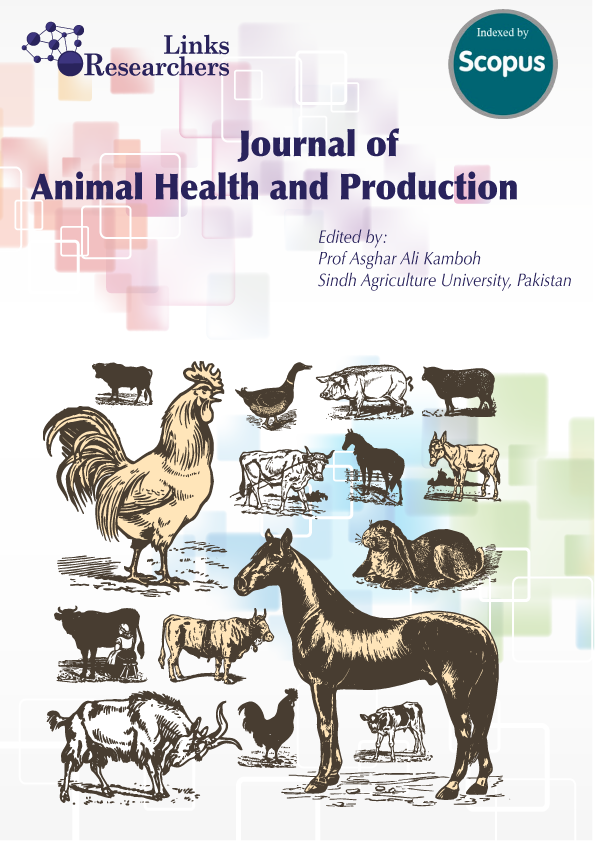The aim of the current study was to evaluate the hepatoprotective effects of piperine against carbon tetrachloride (CCl₄)-induced liver injury in male rats. To assess the impact of piperine therapy on liver damage caused by CCl₄, 24 male rats were divided into four groups, with six rats in each group. Group 1 served as the control and received oral administration of distilled water. Group 2 underwent hepatotoxicity induction by administering CCl₄ at a dose of 0.8 ml/kg intraperitoneally. Group 3 received an oral dose of piperine at a concentration of 30 mg/kg body weight (bw) for 3 weeks. Finally, Group 4 received both piperine and CCl₄ for 3 weeks. The results showed a significant reduction (p < 0.05) in liver enzyme levels following piperine treatment in CCl₄-exposed rats. Additionally, piperine treatment resulted in significant improvements (p < 0.05) in lipid profiles, including reductions in total triglycerides, total cholesterol, low-density lipoprotein (LDL), and very low-density lipoprotein (VLDL), while also increasing high-density lipoprotein (HDL) levels. Furthermore, piperine significantly increased (p < 0.05) antioxidant enzyme activities, including superoxide dismutase (SOD) and glutathione peroxidase (GPx), compared to the CCl₄-only treated rats. Overall, the findings of this study suggest that piperine is a potent hepatoprotective agent.
Keywords | Piperine, Liver, Rat, CCL4, Oxidative damage






